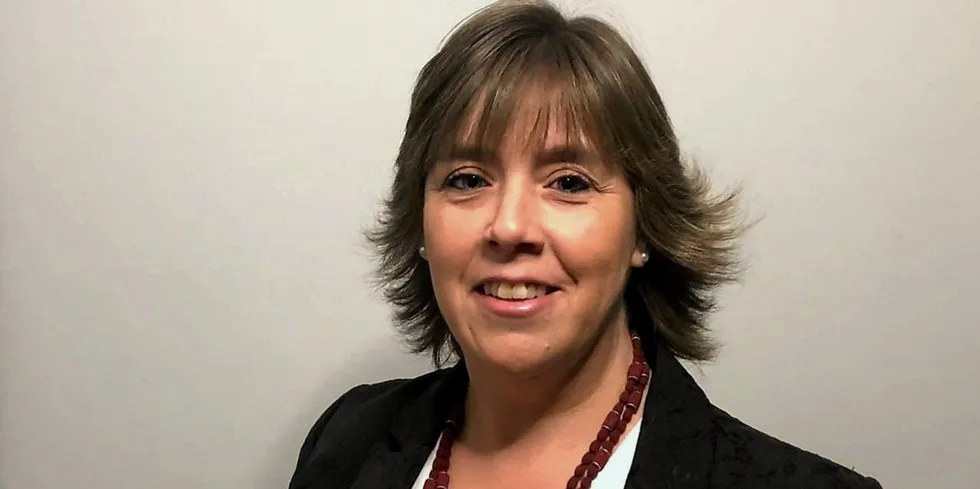Chile salmon farming industry warned of reputational damage from legal fight over Australis overproduction
Leading Chilean trade group reminds country's salmon farmers to adhere to government regulations at all times.

Leading Chilean trade group reminds country's salmon farmers to adhere to government regulations at all times.
